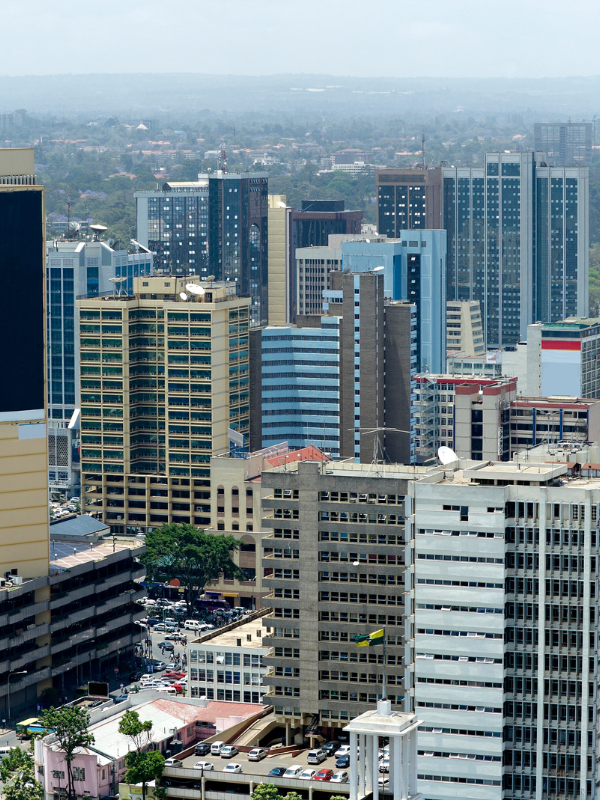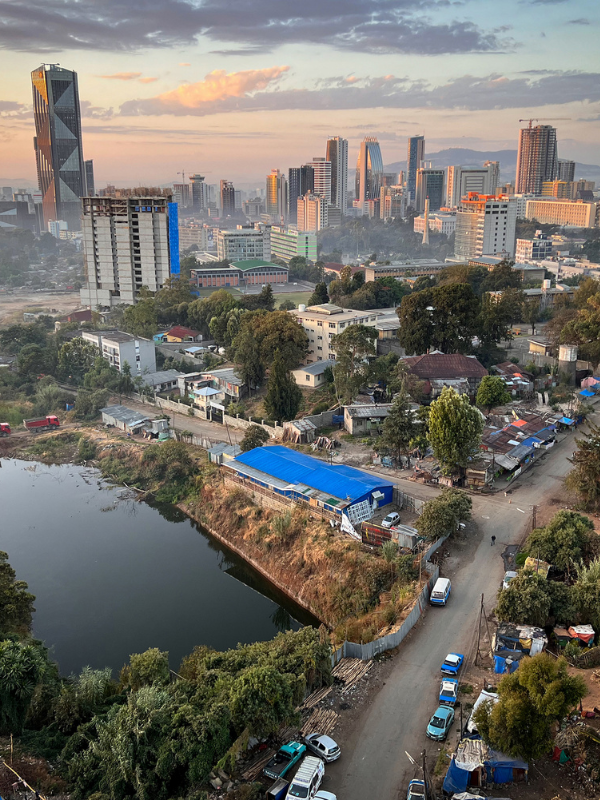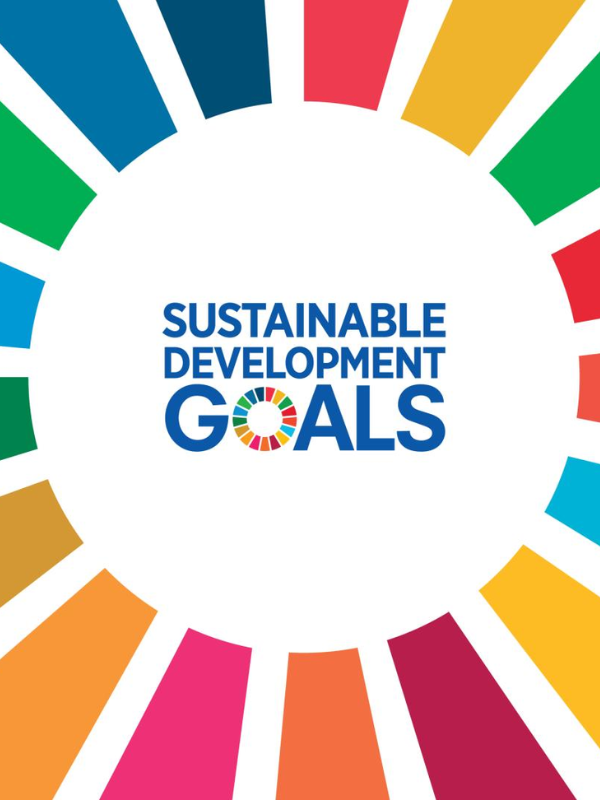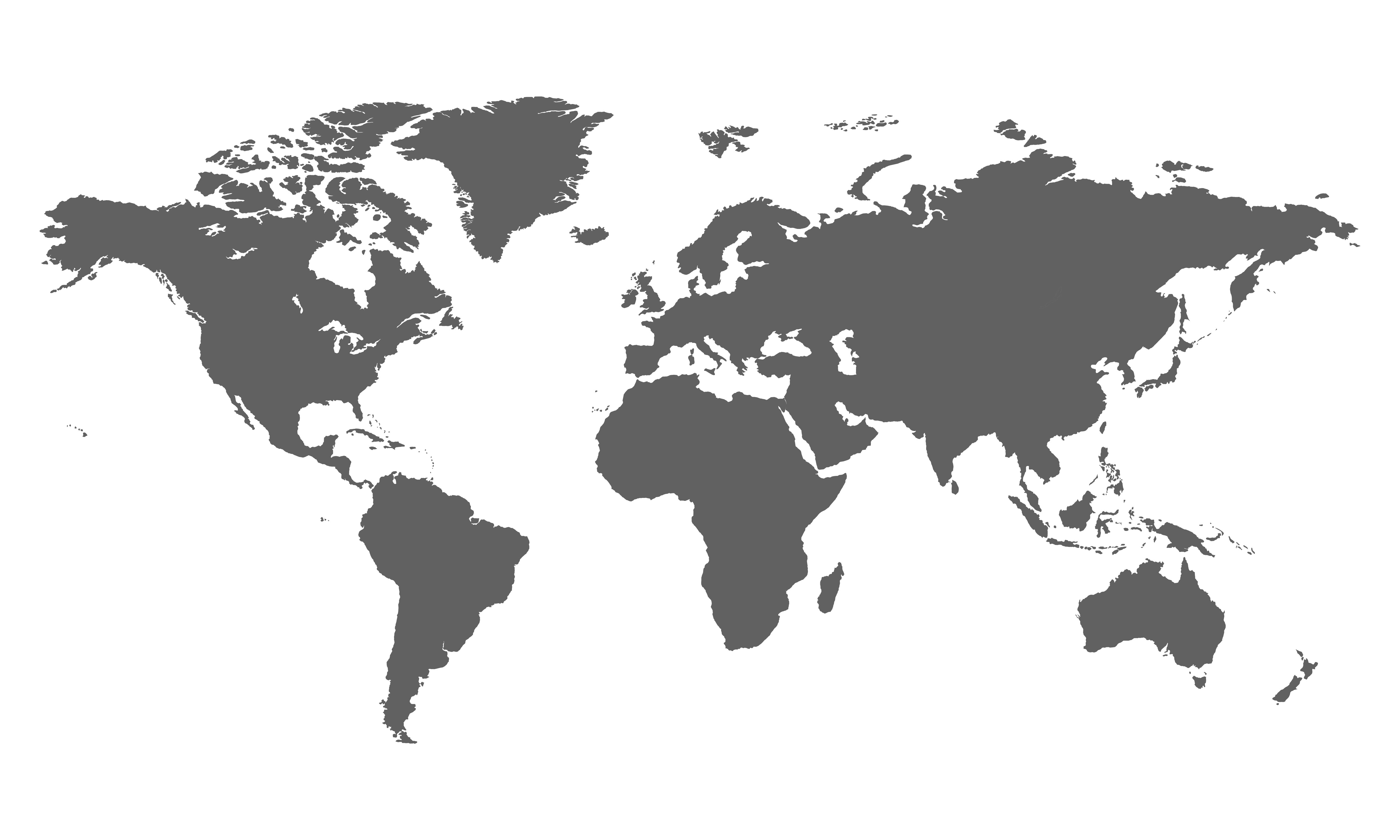Risks
Risk Analysis
Risk Analysis
For UNDP, risk is defined as the effect of uncertainty on organizational objectives, which could be either positive and/or negative. UNDP has a well-developed and robust risk management policy that is supported by an organisational wide enterprise risk management system and is undertaking a review of its approach to risk management.











